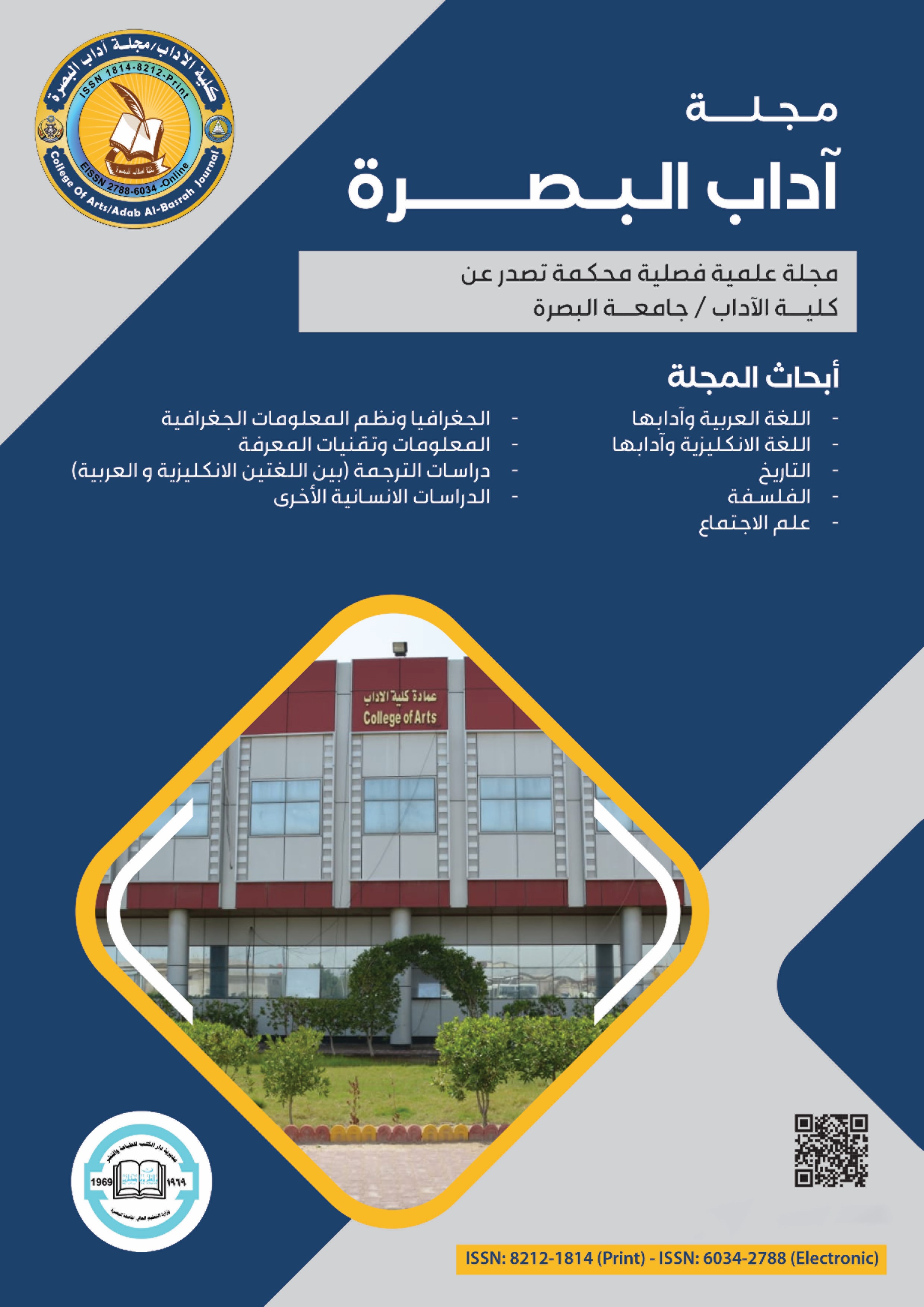Abstract
The conflict between the old and the new is an eternal one, woven through every age. At its core, it reflects a clash of souls, ideas, and creative visions. One telling example of this struggle is the criticism voiced by the Lebanese writer Mikhail Naimy (1889–1988) against traditional Arabic prosody and rhyme in his influential critical work Al-Ghirbal (The Sieve). Recognizing poetry as an inherently musical art, this study explores how Naimy viewed the role of meter and rhyme within poetic expression.
The introduction sketches a brief portrait of Naimy’s life and the intellectual environment that shaped him. The first section considers what drove him to challenge the Khalilian system of prosody, noting how his era was marked by intense literary and intellectual ferment. The second section delves into Naimy’s nuanced stance on Khalilian metrics, showing how he balanced respect for its place in tradition with a call for innovation. For Naimy, true poetic creativity was anchored in thought, meaning, and unfettered imagination — a process that begins within the poet’s own spirit. In this light, he argued that poets should not feel bound by rigid meters and rhymes, but instead be free to develop a personal musicality that better serves their artistic vision.
The introduction sketches a brief portrait of Naimy’s life and the intellectual environment that shaped him. The first section considers what drove him to challenge the Khalilian system of prosody, noting how his era was marked by intense literary and intellectual ferment. The second section delves into Naimy’s nuanced stance on Khalilian metrics, showing how he balanced respect for its place in tradition with a call for innovation. For Naimy, true poetic creativity was anchored in thought, meaning, and unfettered imagination — a process that begins within the poet’s own spirit. In this light, he argued that poets should not feel bound by rigid meters and rhymes, but instead be free to develop a personal musicality that better serves their artistic vision.
Keywords
Mikhail Naimy
musical structure.
Abstract
القديم والجديد معركة لا تنتهي لا أمس، ولا غدًا، فهي معركة اختلاف النفوس والأفكار والرؤى، ومن تلك النقد الذي وجهه الكاتب اللبناني ميخائيل نعيمة (1889 – 1988م) للعروض والقافية في كتابه النقدي (الغربال)، ومن المعلوم أن الشعر هو إبداع موسيقي، وقد جاءت هذه الدراسة لتكشف وتناقش رؤية نعيمة في هذا الشأن. وجاء التمهيد راسمًا ملامح حياة نعيمة، وفي المبحث الأول تحدثت عن دوافع نعيمة لهذا النقد للعروض الخليلي، حيث عاش مدَّةً كانت تموج بالاضطرابات والمدارس المتلاحقة في الأدب والفكر، وفي المبحث الثاني ناقشت موقف نعيمة تجاه الشكل العروضي الخليلي، وقد تبين أنه في حديثه لديه ملامح تأييد لهذا العروض في وقته وزمانه، ولديه أيضا ملامح معارضة وتجديد انطلقت من أن الإبداع الشعري فكرًا ومعنى وخيالًا منطلقًا أساسًا للشاعر، فقد لا يتقيد في تجربته بالوزن والقافية، بل قد يتَّخذ موسيقى خاصة لشعره، وفي المبحث الثالث استدللت بقصيدته (النهر المتجمد) على تجديده في القافية، وكذلك مظاهر تجديده في القافية.
وجاءت خاتمة البحث تؤكد توافق نعيمة مع تيار التجديد في الوزن والقافية، وإن كان نظم الشعر الموزون المقفى
وجاءت خاتمة البحث تؤكد توافق نعيمة مع تيار التجديد في الوزن والقافية، وإن كان نظم الشعر الموزون المقفى
Keywords
ميخائيل نعيمة، التشكيل الموسيقي
